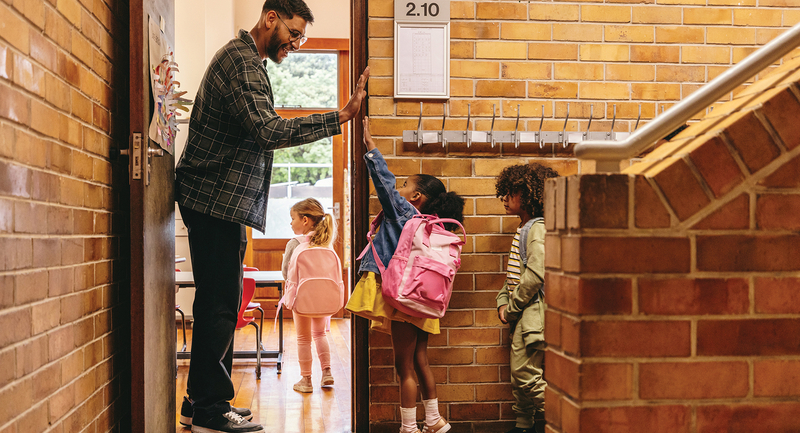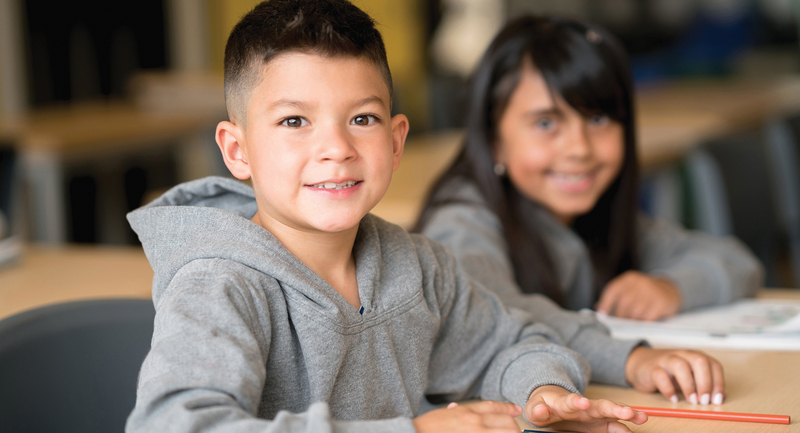Above: Teachers and staff in Berkeley County School District in South Carolina participate in a poverty simulation.
How much money can you spare for groceries this month? How can you afford rent and transportation? Who will pick up your child from school when you're working late? What happens when your car breaks down? When you need medication?
People living in poverty make hard choices every day—decisions that other people may not fully understand or realize. To bring the realities of poverty to educators who serve students and families in these situations, many schools and districts are using poverty simulations as professional development exercises.
Poverty simulations are offered online or in person from a variety of sources and organizations. One popular online simulation is Spent, a free tool created in 2011 by the advertising agency McKinney for their pro bono client Urban Ministries of Durham.
Schools can also bring in-person poverty simulations to their teachers through The Community Action Poverty Simulation, developed in the 1970s by Reform Organization of Welfare and now owned and maintained by Missouri Community Action Network (which last revised the simulation in 2012). Missouri CAN will host simulations, or schools can purchase kits to do the simulations themselves. Missouri CAN offers virtual training for school personnel who will facilitate simulations and strongly encourages schools to train facilitators before diving in. Contact them if interested.
Jane Harrelson, the Title I compliance and parent involvement coordinator at Berkeley County School District in South Carolina, has brought a poverty simulation to her district three times and says it's been a very valuable tool for educators.
"For me, the poverty simulation brings home that it is about choices," she notes. "Being in poverty is not a choice most people make, but having the access to needed resources can be difficult to achieve." She says that educators "need to experience what families deal with daily," which "builds understanding and relationships."
Schools should proceed with caution, however. If facilitators aren't properly trained on how to execute a poverty simulation, it can turn into a "game" or trigger staff or students who are experiencing or may have experienced poverty. In a 2016 study examining a poverty simulation given to college students, researchers discovered that if not done properly, simulations "may actually perpetuate the systems of inequality they are designed to address" (Browne & Roll, 2016). However, with proper facilitation and a robust discussion following the simulation, educators can become more aware of and empathetic toward realities that many families face every day.







